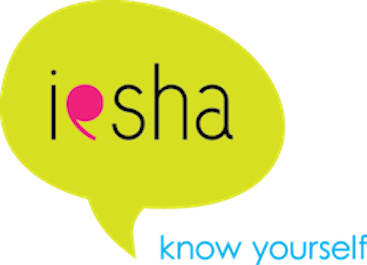They said it couldn’t be done.
More like, they refused to speak or think about it at all. It was the invisible Indian elephant in the room that was quietly butchering girls’ and boys’ emotional well-being across the country.
In India, you can’t say “sex.” Moreover, you can’t walk into a school full of impressionable children and say “sex” to the stern principal of the school. And, you definitely cannot propose teaching small children about their private body parts and safety and homosexuality and how actually, menstruation is clean and magical and it may or may not be ok to go into a temple when you’re on your period, it’s up to you to decide.
I realized early on that to propose sex and gender education in a country where the youth are not supposed to decide for themselves, only listen, and a woman attracts a road-full of male attention if she wears a skirt, was going to be an uphill battle. India used to be a safe place for women many thousands of years ago, but 3,000 years of deep patriarchy has made its mark.
This coming school year, 600,000 eleven to fifteen year old kids across every single region of India are going to be learning everything from puberty and menstruation, to consent, gender roles, safe sex, and LGBTQ, through my program Iesha Learning. They are going to role-play saying “yes” and “no” in complex social situations. They are going to learn that the menstrual cycle is actually 4 weeks, not 4 days, and how our bodies are so smart that they follow the rhythm of the moon. That it’s ok to feel sexual attraction. That boys can be kind and sensitive too, and that the heroes of Bollywood movies might actually get arrested if they stalked women like that in real life.
This sort of education, and at this scale, has never happened before in India. In a country where 80% of Indian women do not know why they menstruate (“it just happens”), and 53% of Indian children — more than half the population — has experienced sexual abuse, we have to understand the magnitude of the social taboo on sexuality and gender. To many people, sex , quite simply, only exists at the moment at which it is happening and at no other time. Complete mental repression.
How is it that half a million middle and high schoolers are getting access to information that was withheld from their older siblings, and their parents, and their parents, and their parents? How did I manage to build something that changes kids’ attitudes, making a crack in the vicious cycle of violence and disrespect and gender inequality and that giant, silencing, uncomfortable, weird thing called a “taboo”? As a twenty-something young Indian-American woman with no previous experience or degree in sex education, and with almost no networks or contacts in the country?
Here’s my story of tackling the single most difficult, complex, and important social issue in one of the oldest and most traditional cultures on Earth...
Continue reading on Medium.
